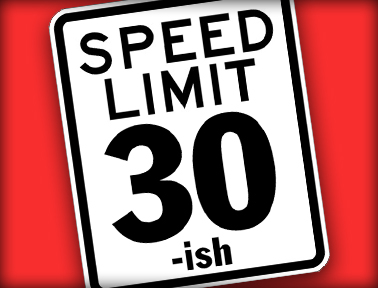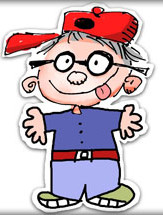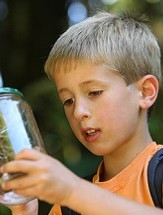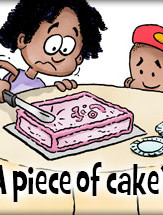 I was making my way downtown the other day in my little pickup truck, via my favorite route through a local park known as Riverside. As I drove along, there appeared a small collection of black and white vehicles, red and white and blue LED lights ablaze, making the citizenry aware of the posted speed limit, versus, say, what speed they were actually driving. I was fortunate enough not to be caught up in this melee of moving violations, but I did learn something: that In that particular area of the park, the allowable pace drops from 35 mph to a somewhat snail-like 30 mph. Having been my path of choice for many years, I was somewhat shocked that I’d not noticed it before.
I was making my way downtown the other day in my little pickup truck, via my favorite route through a local park known as Riverside. As I drove along, there appeared a small collection of black and white vehicles, red and white and blue LED lights ablaze, making the citizenry aware of the posted speed limit, versus, say, what speed they were actually driving. I was fortunate enough not to be caught up in this melee of moving violations, but I did learn something: that In that particular area of the park, the allowable pace drops from 35 mph to a somewhat snail-like 30 mph. Having been my path of choice for many years, I was somewhat shocked that I’d not noticed it before.
All things vehicular aside, what did you learn today? As goes picante sauce, did you discover that while the smaller jars at the grocery store are cheaper than their larger counterparts, the cost per ounce is actually much higher? Were you aware that something called the BitCoin was being used as virtual currency, even if by the time you read this, it may not be? And, did you know that in order to easily separate the egg yolk from the white, you can squeeze the air from a plastic bottle, hold it in contact with the yolk, and release the pressure? (The suction will pull the yolk into the bottle, totally by itself. Thank you Pinterest.)
Point is, you are learning things every day. Whether it has to deal with the grocery aisle, international affairs, or even a way to establish better communications with your students, you are learning. There are quite a few famous people who’ve been known to share their thoughts on learning, but the most memorable for me is Dr. Seuss, who once penned “The more that you read, the more things you will know. The more that you learn, the more places you’ll go.”
So, do you share your learning experiences with your students? They may take great comfort in knowing that they are not the only persons in the room who are required to understand new concepts. Sure, their concepts come largely from a curriculum set upon them by people who do not know them personally, and yours from involvement in everyday life, but learning is learning. It’s the activity of gaining knowledge or skill, whether it’s algebra or picante sauce.
Try this: Take a few moments every morning to discuss with your pupils what you’ve learned within the last 24 hours or so. Be sure to point out whether it was information you sought, or just something you stumbled upon; something you read or something you heard or saw. Then ask them what they’ve learned, regardless of whether it had to do with school or not. Ask them if they’ve shared what they learned with friends or family members. This might also be a good time to point out things that you have come to understand about them as students. Does one like to chew pencils? Does another always ask the right questions? Is one always on the lookout for ways to help other students?
When you share the idea of what it is to learn, you may uncover more allies than you think. Your students will think of you more as a person (like them), and may find themselves much more aware of their surroundings; be it at school, at home, on the playground, or wherever. Be sure to point out that much learning is to be had by asking intelligent questions.
And let’s just hope that the question (at least in the interim) is not “How fast was I going?”
Teach. Learn. Enjoy!



